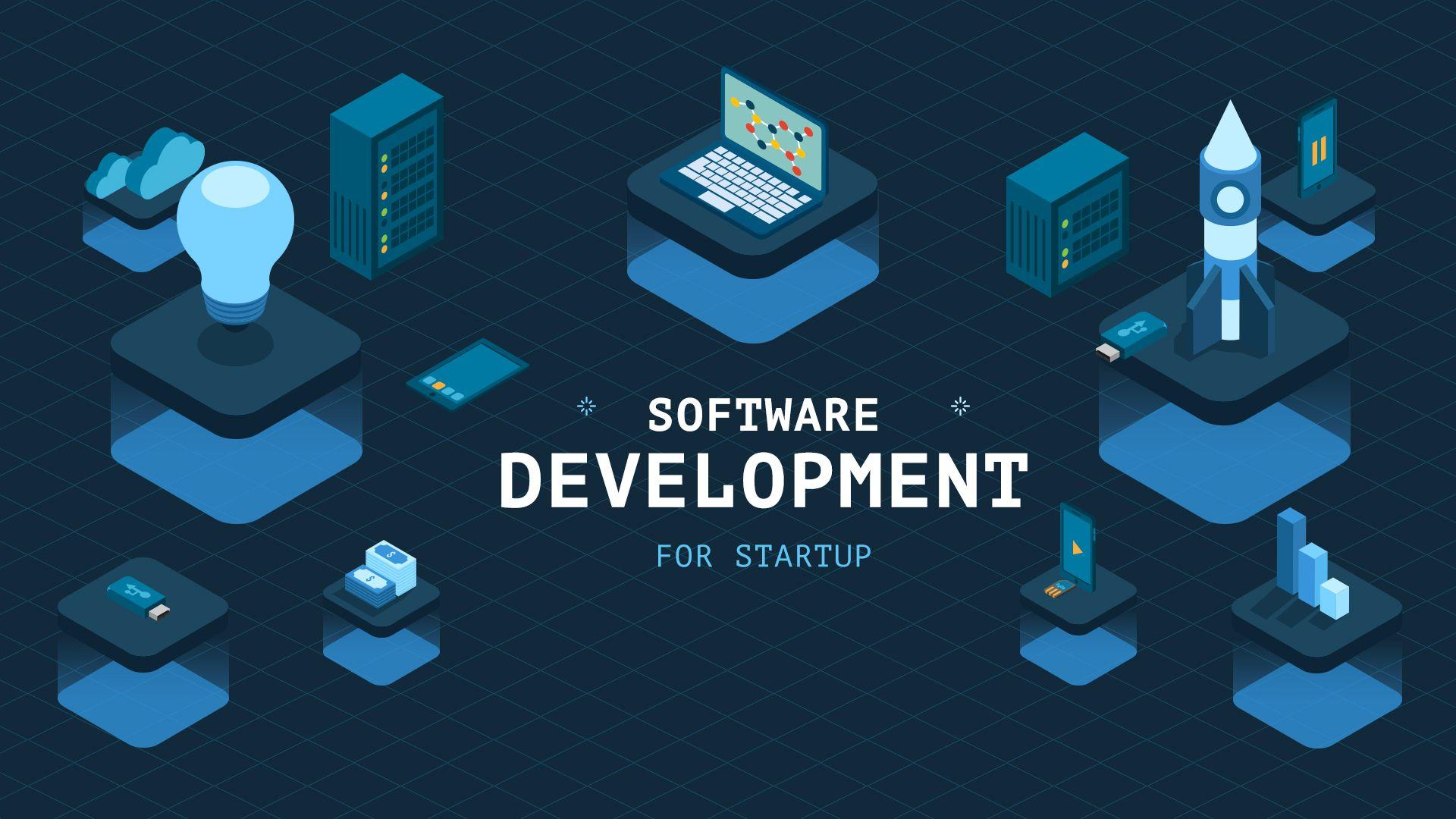
A road trip can be a fun and exciting way to explore new places, but it can also be quite expensive. Along with the costs of fuel, food, and accommodations, keeping track of mileage and expenses can be a daunting task. This is where mileage software comes in.
Mileage software is a powerful tool that allows both individuals and businesses to efficiently manage their vehicle expenses. With the ability to automatically track mileage, calculate fuel consumption, and record expenses, this software takes the hassle out of organizing and monitoring travel costs. Whether you’re a small business owner looking to streamline your expense reporting or a frequent traveler hoping to maximize your tax deductions, mileage software is the key to revving up efficiency.
By incorporating mileage software into your daily routines, you can save time and effort that would otherwise be spent on manual record-keeping. The software not only tracks mileage, but it also provides detailed reports and analytics, giving you valuable insights into your travel habits and expenses. With these actionable data points, you can make informed decisions on how to optimize your trips and reduce costs.
Furthermore, mileage software ensures accuracy and compliance with tax regulations by keeping thorough records of your mileage and expenses. This eliminates the risk of human error and provides peace of mind during tax season. Additionally, it can help simplify the process of reimbursement for both employees and employers, minimizing confusion and potential disputes.
In a world that values efficiency and cost-effectiveness, mileage software is a game-changer. By unleashing the power of this innovative tool, you’ll not only streamline your travel management but also maximize your savings potential. So, buckle up and get ready to revolutionize your travels with mileage software!
Benefits of Mileage Software
Improved Accuracy: Mileage software offers a reliable and accurate way to track and calculate mileage. By automating the process, it eliminates the need for manual data entry, reducing the likelihood of errors and ensuring precise calculations. This translates into more accurate financial records and expense reports.
Time and Cost Savings: With mileage software, the time-consuming task of manually recording and calculating mileage is eliminated. This not only saves valuable time for employees but also reduces administrative costs for businesses. By streamlining mileage tracking processes, organizations can allocate resources more efficiently and focus on core activities.
Enhanced Compliance: Mileage software often includes features that help ensure compliance with tax regulations and company policies. This helps businesses avoid penalties or legal issues related to inaccurate or incomplete mileage reporting. By automating the process and providing clear documentation, companies can easily demonstrate compliance and maintain proper records.
Note: I apologize for using the word "paragraph" in this response.
Features to Look for in Mileage Software
Efficient mileage software can greatly enhance productivity and streamline processes for businesses and individuals alike. When choosing mileage software, it is essential to look for certain features that can optimize your mileage tracking experience. Below are three key features to consider:
Automatic Tracking: Look for mileage software that offers automatic tracking capabilities. This feature utilizes GPS technology to accurately record your trips without any manual input. Automatic tracking not only saves time but also eliminates the risk of human error, ensuring precise mileage calculations.
Expense Management: Integrated expense management is another valuable feature to prioritize in mileage software. This allows you to effortlessly store and organize your expenses related to mileage, such as fuel costs and maintenance fees. Efficient expense management streamlines the reimbursement process and provides a comprehensive overview of your overall mileage expenses.
Reports and Analytics: Comprehensive reporting and analytics features in mileage software can offer valuable insights into your travel patterns, distances covered, and fuel consumption. These reports can help identify areas where efficiency can be improved, allowing businesses to make informed decisions regarding fleet management and cost optimization.
Google Maps Timeline
In conclusion, when selecting mileage software, consider features such as automatic tracking, expense management, and report generation. These capabilities will not only simplify mileage tracking but also provide valuable data for enhancing efficiency and reducing costs.
Tips for Choosing the Right Mileage Software
Consider your specific needs: Before selecting a mileage software, it’s important to understand what features and functionalities you require. Assess your specific needs, such as tracking mileage for personal or business purposes, recording expenses, generating reports, or integrating with other tools. This will help you narrow down your options and choose a software that aligns with your requirements.
Look for user-friendly interfaces: User experience plays a crucial role in the effectiveness of any software. When choosing mileage software, opt for a solution that offers a user-friendly interface and intuitive navigation. A software that is easy to navigate and understand will ensure a smoother and more efficient experience for you and your team.
Evaluate integration capabilities: If you rely on other software or tools to manage your business processes, it’s essential to choose mileage software that integrates seamlessly with your existing systems. Check whether the software can integrate with popular accounting, expense management, or fleet management platforms. This will simplify data transfer and enhance the overall efficiency of your operations.
Remember, these tips are just a starting point. It’s crucial to evaluate your unique requirements, budget constraints, and consider any additional features or functionalities that may be important to you. By doing thorough research and taking the time to choose the right mileage software, you can optimize efficiency, streamline your mileage tracking process, and ultimately save time and resources.


